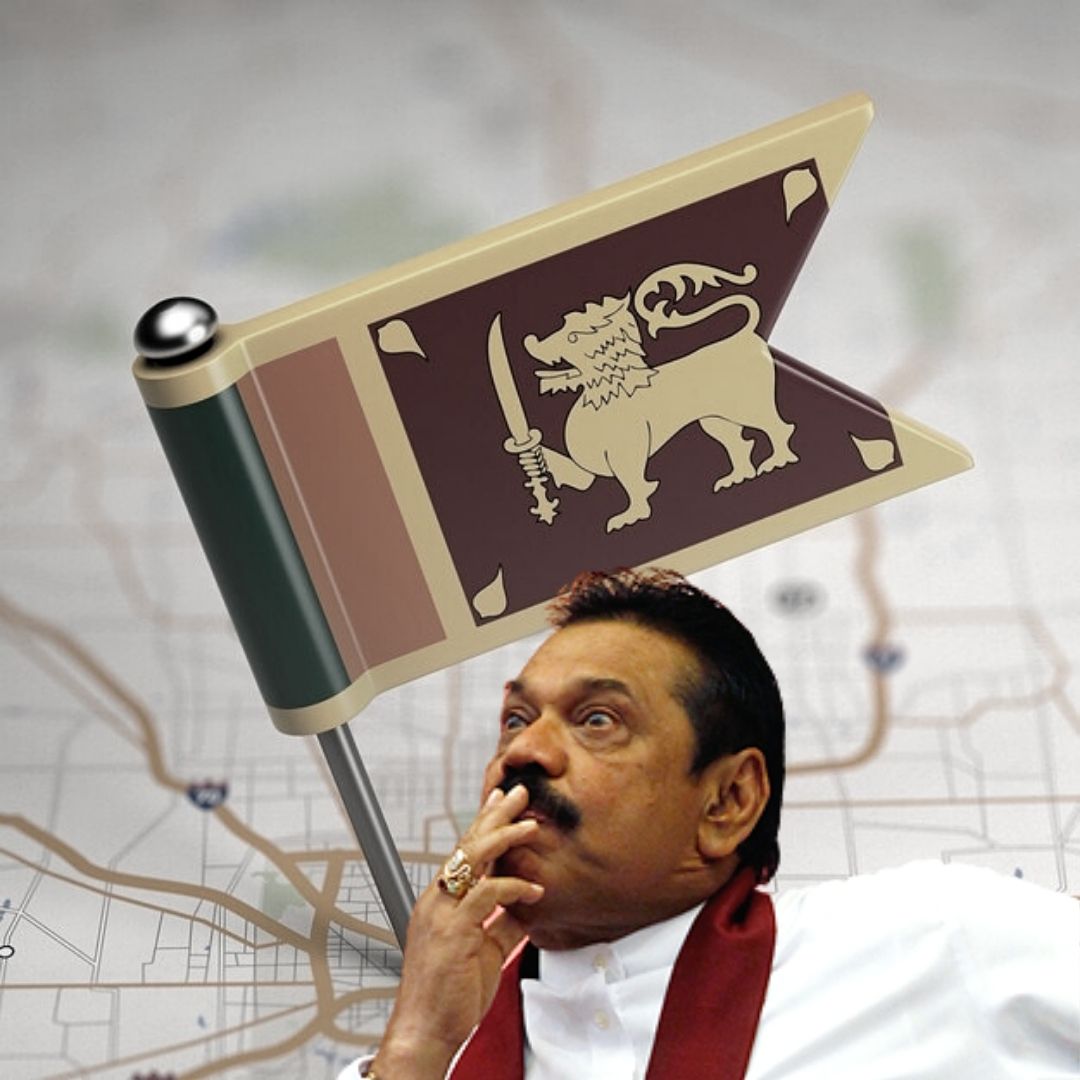
Image Credit: Blogspot, Facebook/ Sri Lanka Map
Here's How Sri Lanka Landed In Rough Seas Due To An Economic Meltdown
Writer: Ratika Rana
Her primary objective is to inform, promote, educate and cultivate readers through writing.
Others/World, 25 March 2022 1:12 PM GMT
Editor : Ankita Singh |
A literature lover who likes delving deeper into a wide range of societal issues and expresses her opinions about the same. Keeps looking for best-read recommendations while enjoying her coffee and tea.
Creatives : Ratika Rana
Her primary objective is to inform, promote, educate and cultivate readers through writing.
Sri Lanka relies heavily on its imports of petroleum, food, paper, sugar, lentils, medicines, and transportation equipment, among other essential items. The lack of foreign currency means the country does not have the money to buy these commodities.
The island-nation of Sri Lanka was facing its worst economic crisis since 1948, when it got its independence from British rule. The country ordered its military to be stationed at petrol pumps to prevent violence as spontaneous protests erupted when motorists lined up for fuel. The country is heavily dependent on imports for essential items like petroleum, food, paper, sugar, lentils, medicines, and transportation equipment. However, due to the shortage of foreign exchange reserves, the imports have plummeted drastically, leaving the people uncertain.
How Grave Is The Ongoing Crisis?
The situation is grave since the government had to cancel the exams of millions of students since the paper and ink, which is essential for exams, was unavailable. "School principals cannot hold the tests as printers cannot secure foreign exchange to import necessary paper and ink," the department of education of the Western Province stated on 20 March, Al Jazeera reported. Moreover, the government also had to suspend the country's only oil refinery operations since it ran out of stocks for crude oil. Inflation has crossed the 17 percent mark, and food prices have risen by 25.7 per cent. For instance, after the economic crisis, the milk price skyrocketed to $0.90 for a 400-gm packet.
The downfall of the country's tourism industry also contributed to the current economic crisis, and tourism contributes about 10 per cent of Sri Lanka's total GDP. Another factor concerns Foreign Direct Investment (FDI). According to government data, the FDI into Sri Lanka has decreased to $548 million in 2020, compared to $793 million in 2019 and $1.6 billion in 2018. If the FDI into a country plummets, so does the foreign currency in its reserves. Moreover, the government also refuses to take a loan from the International Monetary Fund (IMF).
Impact On India
Post-2000, China emerged to be the largest lender to Sri Lanka. However, the latter's debt crossed over the $2 billion mark, which was expected to be repaid by 2022. The crisis is likely to have a cascading effect on India. Due to proximity between the two nations, several Tamil natives in Sri Lanka have already started to take refuge in the southern state of Tamil Nadu, which already has tens of thousands of Sri Lankans living in refugee camps in the state.
Also Read: CISF Suspends Staff For 'Strip-Searching' 80-Year-Old Wheelchair-Bound Woman At Airport
 All section
All section














